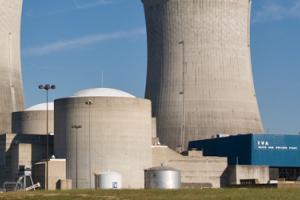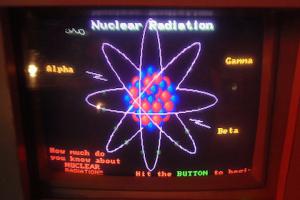As Fires Rage on Colorado’s Western Slope, Some Worry About the Region’s Radioactive History
The Colorado Sun
 More than four decades after construction began in 1973, the Tennessee Valley Authority (TVA) is finally getting close to starting up the Watts Bar Unit 2 nuclear reactor. While the TVA and the nuclear industry describe Watts Bar 2 as “the first new nuclear generation of the 21st Century,” in fact the TVA resuscitated a demonstrably unsafe 1960s-era ice condenser design that was abandoned decades ago by the rest of the nuclear industry.
More than four decades after construction began in 1973, the Tennessee Valley Authority (TVA) is finally getting close to starting up the Watts Bar Unit 2 nuclear reactor. While the TVA and the nuclear industry describe Watts Bar 2 as “the first new nuclear generation of the 21st Century,” in fact the TVA resuscitated a demonstrably unsafe 1960s-era ice condenser design that was abandoned decades ago by the rest of the nuclear industry.
 The U.S. Nuclear Regulatory Commission (NRC) has a set a November 19 deadline for people to comment on its proposed relaxation in standards for nuclear power plants, an alarming change in U.S. federal policy that is based on a theory that low doses of radioactivity are good for people. The NRC is supporting changes being pushed by the nuclear industry and “a group of pro-nuclear fanatics,” according to the Nuclear Information and Resource Service.
The U.S. Nuclear Regulatory Commission (NRC) has a set a November 19 deadline for people to comment on its proposed relaxation in standards for nuclear power plants, an alarming change in U.S. federal policy that is based on a theory that low doses of radioactivity are good for people. The NRC is supporting changes being pushed by the nuclear industry and “a group of pro-nuclear fanatics,” according to the Nuclear Information and Resource Service.
Spread the word